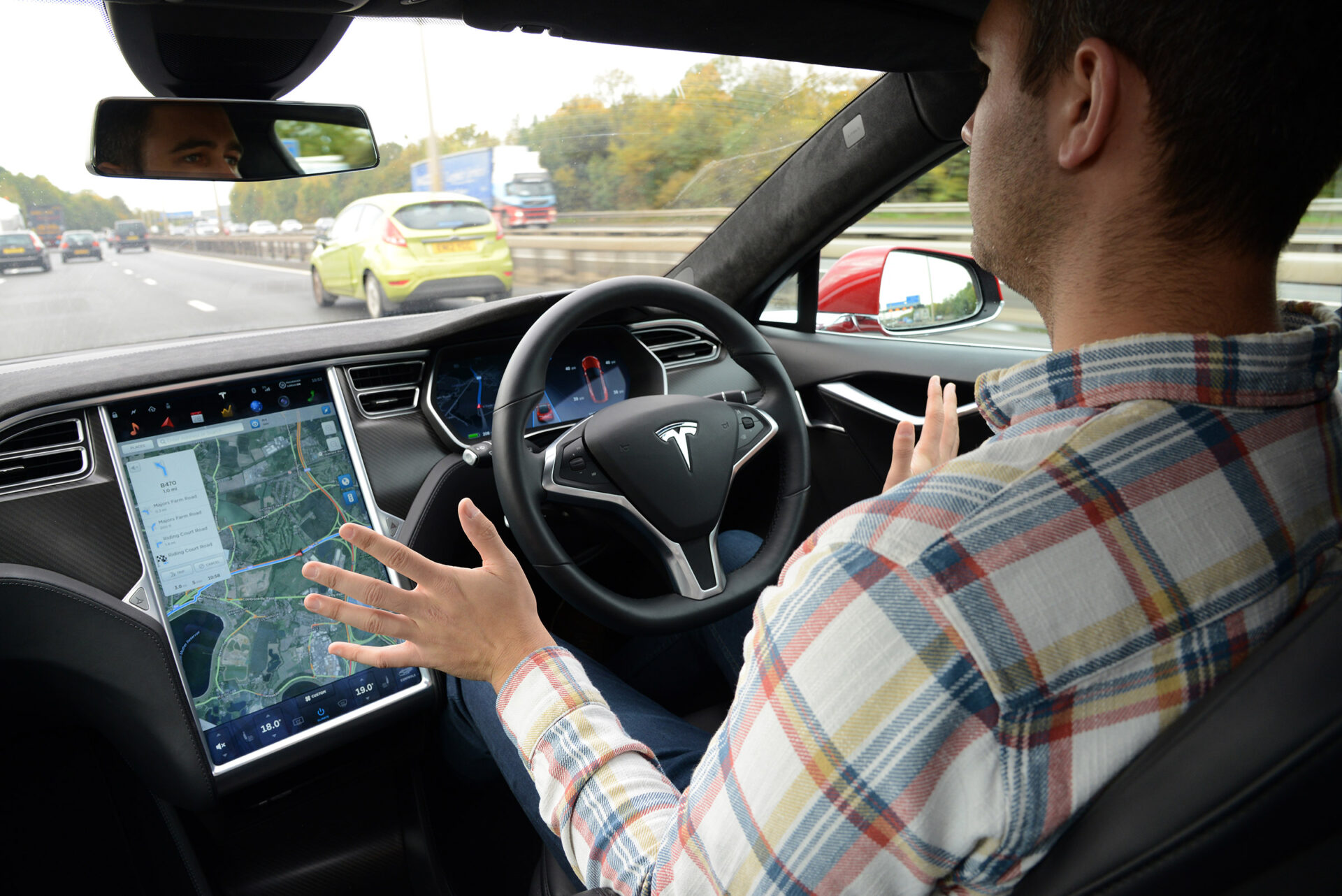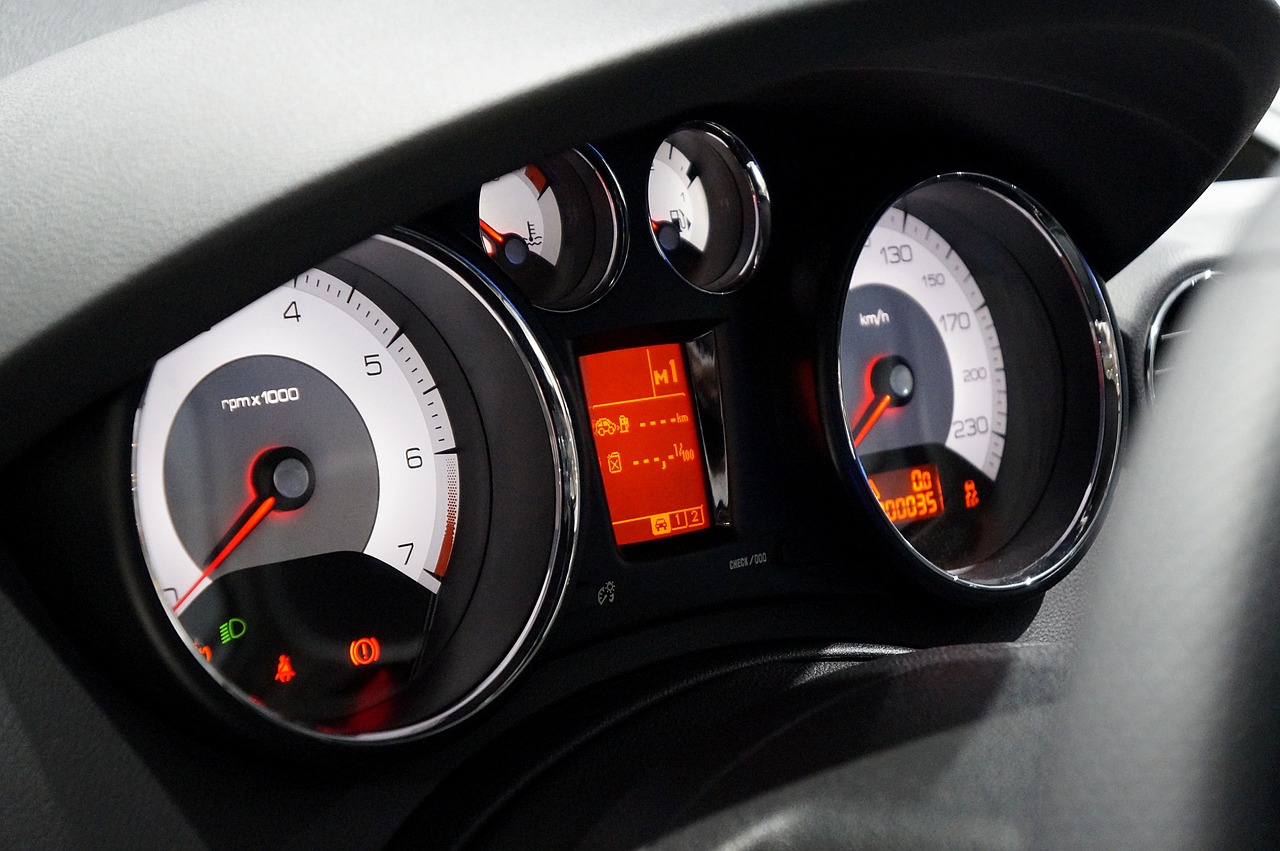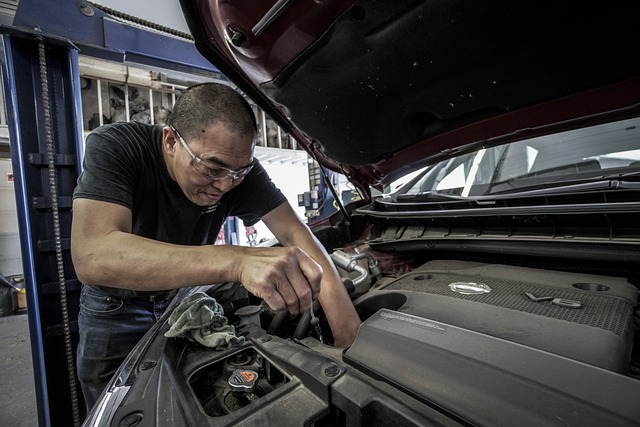Beyond the Driver’s Seat: Exploring the Benefits of Self-Driving Cars
Imagine a world where cars navigate through bustling streets with precision; passengers relax in their seats without worrying. This futuristic vision is no longer confined to sci-fi movies; self-driving cars are revolutionizing the way we think about transportation. From enhanced safety features to environmental benefits, let’s dive into the exciting realm beyond the driver’s seat and explore how autonomous vehicles are shaping our future for the better.
Enhanced Safety
One of the most significant advantages of self-driving cars is their potential to revolutionize road safety. With advanced sensors and artificial intelligence, autonomous vehicles can react faster and more accurately to hazards on the road. This means fewer accidents caused by human error, such as distracted driving or speeding. Furthermore, self-driving cars are equipped with features like automatic emergency braking and lane-keeping assistance, reducing collisions risk. Communicating with each other on the road allows them to coordinate movements seamlessly, minimizing the chance of accidents due to miscommunication between drivers. In addition to preventing crashes, self-driving cars offer enhanced passenger protection in case of an unavoidable collision.

Increased Mobility
Imagine a world where getting from point A to point B is no longer a hassle. Self-driving cars promise to revolutionize mobility by providing convenient transportation options for everyone, regardless of age or ability. With autonomous vehicles at the helm, individuals who are unable to drive due to physical limitations or disabilities can regain their independence and freedom to move around as they please. This newfound autonomy opens up a world of possibilities, enabling greater access to work, education, healthcare, and social activities. Increased mobility also means reduced reliance on traditional modes of transportation like private car ownership. Instead of letting vehicles sit idle for most of the day, self-driving cars can be shared among multiple users through ride-sharing services, optimizing resources and minimizing traffic congestion.
Improved Traffic Flow
Picture this: a smooth flow of vehicles gliding effortlessly down the streets without any sudden stops or frustrating delays. Self-driving cars have the potential to revolutionize traffic flow as we know it. By communicating with one another and making split-second decisions, these autonomous vehicles can navigate intersections and merge lanes seamlessly. Gone are the days of aggressive drivers cutting each other off or causing unnecessary congestion. With self-driving cars on the road, traffic patterns can become more predictable and efficient. Imagine rush hour becoming a thing of the past as these intelligent machines work together to optimize routes and minimize bottlenecks. As self-driving technology continues to advance, we can look forward to a future where gridlock is no longer a common occurrence.
Environmental Benefits
Self-driving cars offer promising environmental benefits as we navigate towards a more sustainable future. Autonomous vehicles can help decrease greenhouse gas emissions by optimizing routes and reducing unnecessary idling. Furthermore, the efficiency of self-driving cars’ speed control and acceleration patterns can lead to improved fuel economy compared to traditional vehicles. This means less reliance on fossil fuels and lower carbon footprints. Moreover, with the potential for car-sharing services utilizing autonomous technology, fewer cars on the road are possible. Fewer vehicles mean reduced congestion and emissions from traffic jams.
While there are still hurdles to overcome and questions to address regarding regulations and infrastructure, the opportunities presented by self-driving cars are undeniable. Embracing this technology could lead us toward a safer, more efficient, and sustainable transportation system for future generations. Let’s buckle up and get ready for an exciting journey into the world of autonomous driving!…



